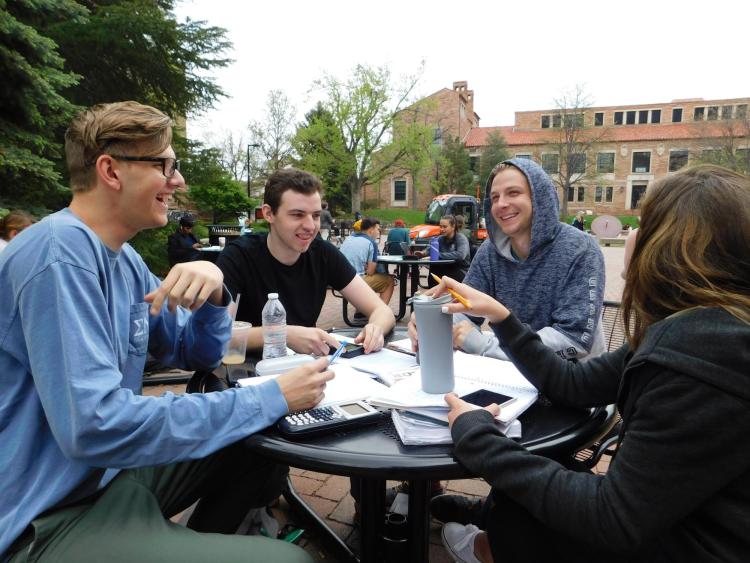4 tips to jump-start your semester

As you begin your spring semester, here are steps to set yourself up for success.
Get organized
Review each class syllabus for expectations, readings, deadlines and exam dates in your first week.
- Add important dates to your calendar, such as exams, project deadlines and assignments.
- Break down big projects into smaller tasks to avoid procrastination.
- Schedule regular study sessions—aim for 2-3 hours of study per hour of class.
Attend office hours
Meet one-on-one with professors during office hours to ask questions or seek support. Introduce yourself early on to build rapport for future help. Get more tips for attending office hours.
Discover what works for you
Experiment with different study techniques and environments this week:
- Try studying alone or with a group
- Study in the early mornings and evenings to see what you prefer
- Test out total silence or background noise
Try flashcards, rewriting notes or color-coding concepts. Explore study spots on campus.
Find support
Seek help at any time by visiting professors during office hours and using campus resources:
- Academic Success and Achievement Program (ASAP): Free peer tutoring for first-year students and those living on campus.
- Tutoring resources: Various free and fee-based tutoring options.
- Writing Center: One-on-one sessions with writing consultants.
- University Libraries: Offers academic resources and "Ask a Librarian" service.
- Peer Wellness Coaching: Free coaching for study plans, self-care and goal setting.
- Honor Code: Follow guidelines to avoid academic dishonesty.

